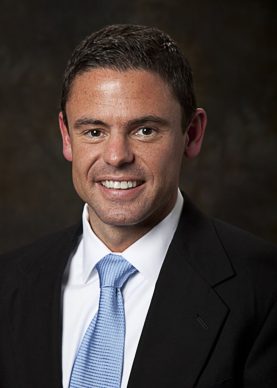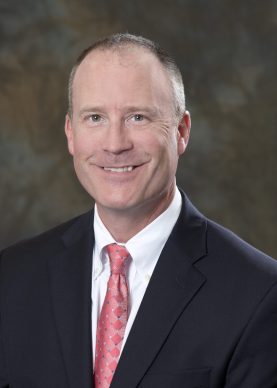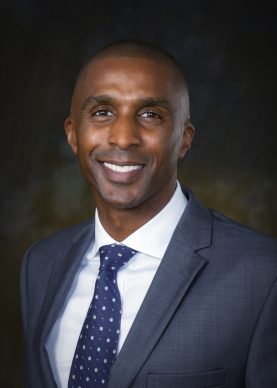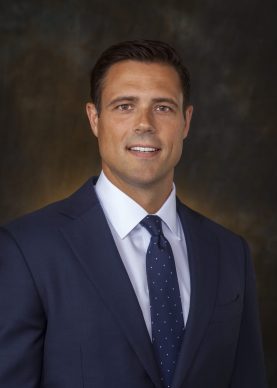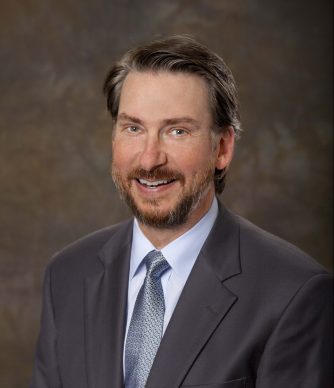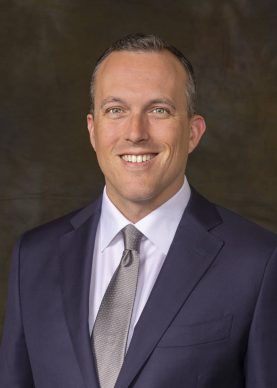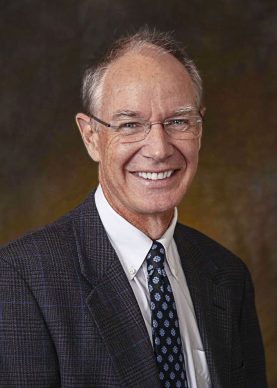Diagnosis and Treatment of Shoulder Joint Tears in Wake County

What is a Shoulder Joint Tear?
The shoulder is a ball-and-socket joint made up of three bones: the humerus (upper arm bone), the scapula (shoulder blade), and the clavicle (collarbone). The head of the humerus fits into a rounded socket in the scapula, known as the glenoid. The labrum is the strong, fibrous tissue on the outside edge of the glenoid which helps to deepen the socket and stabilize the shoulder joint. A labral tear occurs when the labrum is disrupted, frayed, or torn.
Types of Shoulder Labral Tears
Shoulder labral tears can happen anywhere around the glenoid socket. The two main types of shoulder labral tears are:
- Slap tear or lesion: When the tear is above the middle of the glenoid. SLAP tears are common in tennis players, baseball players, and anyone who uses a lot of overhead arm movements.
- Bankart tear or lesion: When the tear is in the lower half of the glenoid. Bankart tears are more likely to occur in younger people with dislocated shoulders.
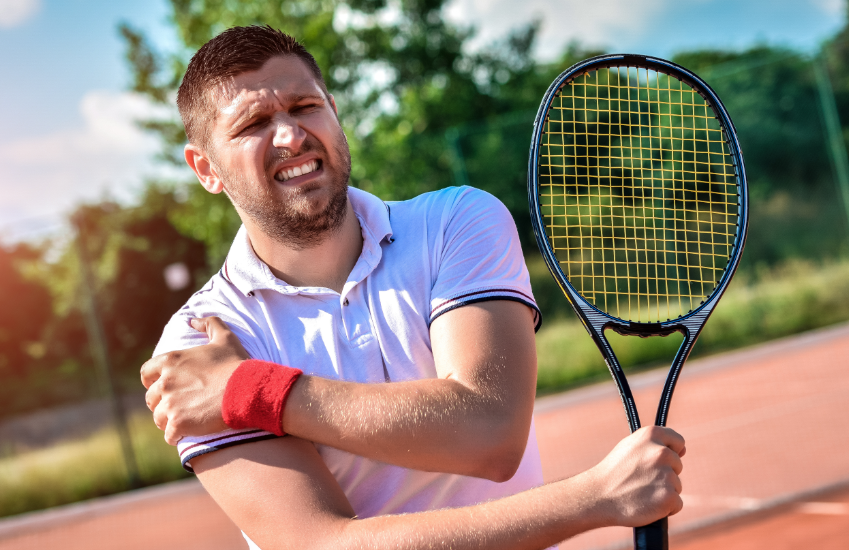
What Causes Shoulder Joint Tears?
Injuries to the ring of cartilage surrounding the shoulder socket can occur from acute trauma or repetitive shoulder motion. They are common in athletes who throw a ball or perform other shoulder motions repeatedly, such as weightlifters. Causes of labral tears include:
- Falling on an outstretched arm
- A direct blow to the shoulder
- A sudden pull, such as when trying to lift a heavy object
- A violent overhead reach, such as when trying to stop a fall
- Trauma, such as a fracture or dislocation
- Overuse
- Repetitive motion
Symptoms of a Shoulder Joint Tear
The most common symptoms associated with a labral tear in the shoulder include:
- Pain when performing overhead activities
- A sense of instability in the shoulder
- Grinding, popping, or sticking in the shoulder socket
- Occasional pain at night or pain with daily activities
- Decreased range of motion
- Loss of shoulder strength
How are Shoulder Joint Tears Diagnosed?
To diagnose a shoulder labral tear, your Raleigh Orthoapedic physician will ask about your symptoms and what you were doing before the injury occurred. You will be asked to perform a series of movements to find the source of your pain. Imaging tests, such as an X-ray, will be ordered to rule out a fracture to the shoulder. The rim of the shoulder socket is made of soft tissue, so damage will not show up on an X-ray. An MRI will also be ordered, sometimes with a dye injected to help detect tears and determine whether or not arthroscopic surgery is needed.
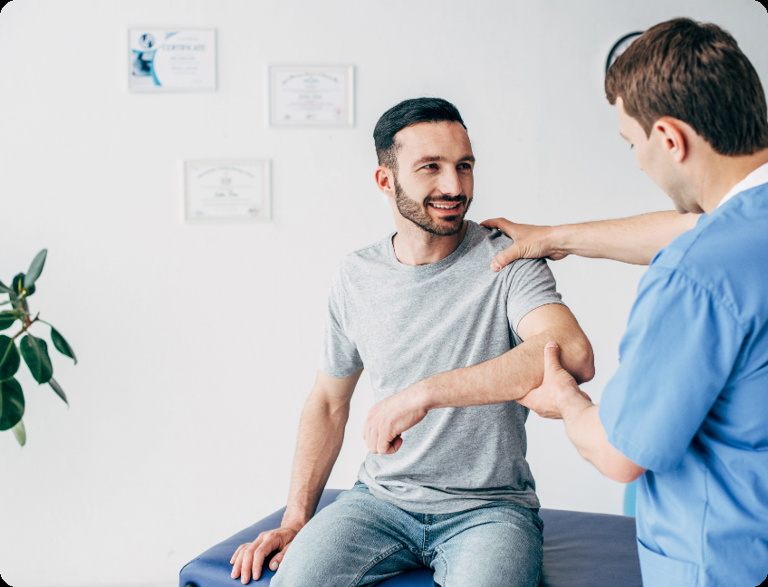
Treatment for Shoulder Joint Tears in Wake County
Treatment for labral tears usually begins with conservative methods before surgical intervention is suggested. If surgery is needed, your Raleigh Orthopaedic physician can utilize arthroscopy, a minimally-invasive surgical method, to treat a labral tear.
A labral tear won’t heal on its own, but rest and other measures can help manage symptoms of a minor tear. Nonsurgical treatment for a labral tear includes:
- Rest
- Anti-inflammatory medication – Non-steroidal anti-inflammatory medications such as ibuprofen and naproxen can reduce pain and inflammation
- Steroid injections – Injection of a corticosteroid along with a local anesthetic may relieve symptoms temporarily or permanently in the shoulder joint. If pain returns, another injection may be needed. Your doctor can inject a steroid into the hip joint to ease symptoms
- Physical therapy – Specific exercises can help strengthen the rotator cuff muscles
If you are experiencing deep pain in your shoulder area that does not improve with rest, lasts more than two weeks, and interferes with your normal activities, consult with your Raleigh Orthopaedic physician for further guidance.
Surgery to fix a labral tear is known as arthroscopy. During the procedure, your Raleigh Orthopaedic surgeon will use a thin, tube-shaped instrument with a lighted camera attached to the end. This instrument, called an arthroscope, is inserted through small incisions and used to assist your doctor in repairing the labrum. Arthroscopic surgery is often done on an outpatient basis, meaning the patient can go home the same day. Since this procedure is minimally-invasive, scarring and recovery time are shorter than with open surgery.

What is the Recovery Time for Arthroscopy?
It can take a few weeks to months to fully recover from your surgical procedure. Pain and swelling is common for several weeks after surgery. Your doctor may recommend ice and medication for pain relief, as well as a sling to protect the shoulder. It is important to work with your surgeon to develop a rehabilitation plan that includes exercise and physical therapy. Taking the proper steps during your recovery will ensure positive healing and help prevent future injury.
How to Prevent a Shoulder Joint Tear
Taking proper care of your shoulder is key to preventing shoulder joint tears and similar injuries. Fixing poor posture can be a very beneficial way to take stress off the shoulders. Slouching makes the shoulder muscles work harder to hold your head and neck upright, which can cause degeneration of the rotator cuff. Exercising the muscles is crucial to strengthening the shoulder, especially for athletes such as swimmers, tennis players, or golfers. Stretching before sports where the arm is frequently pulled up over the shoulder is a great way to prevent joint tears.

Get Expert Treatment for Your Labral Tear at Raleigh Orthopaedic
Our experienced doctors and surgeons at Raleigh Orthopaedic are highly skilled in diagnosing and treating a wide range of orthopedic conditions, including labral tears in the shoulder. Whether you have suffered a sports injury or you are dealing with a degenerative condition, we provide each patient with the personalized care they deserve. To learn more about our services or to schedule an appointment at one of our clinics near you in North Carolina, please contact us today.
